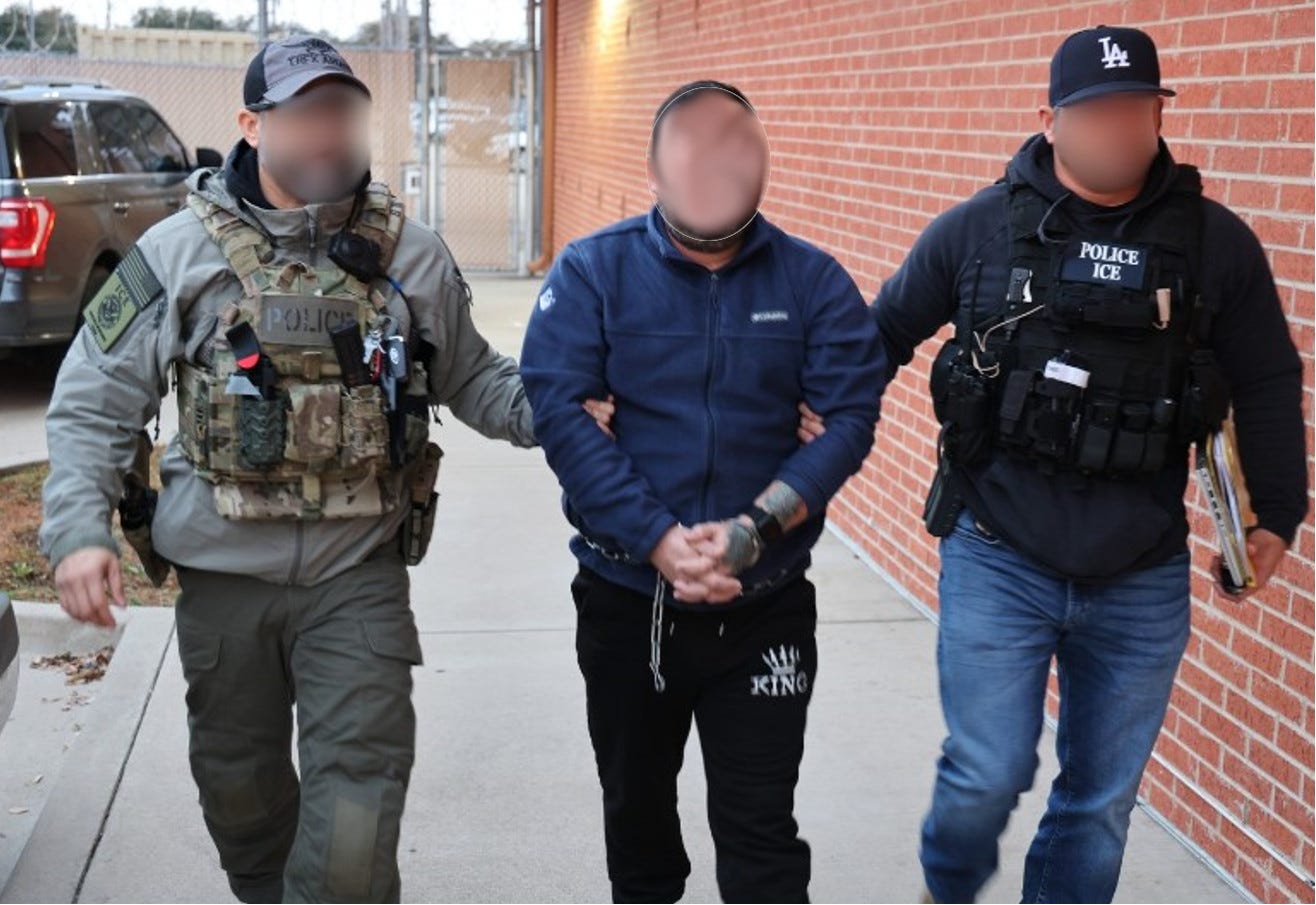Best-known religious-freedom advocates remain silent as ICE inhibits worship
Catholics, along with others, claim rule change is keeping people of faith away

U.S. churches are facing the biggest new threat to freedom of worship in decades, yet the most vocal advocates of religious freedom have remained silent.
And the irony that his administration is responsible for th…


